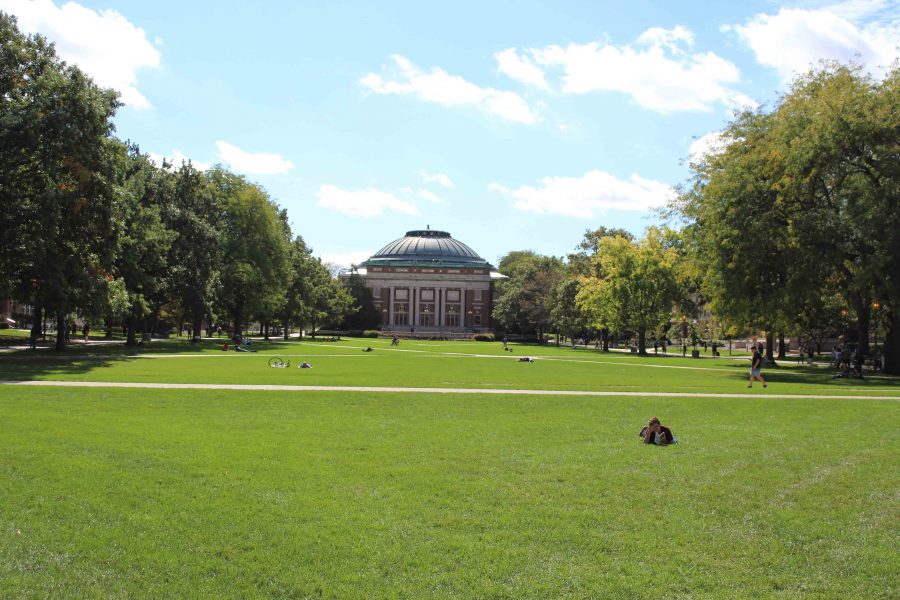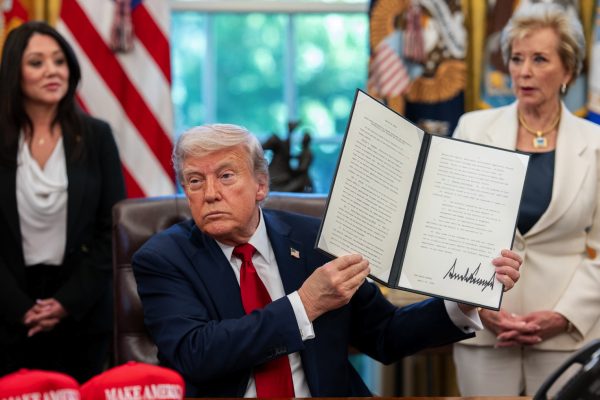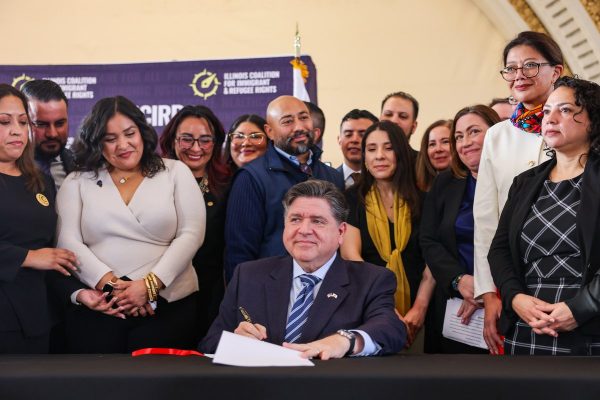IPRH names ‘Paradigm Shifts’ fellowship awards
Students now have the option to shop and have groceries delivered with the use of their phone. Instacart, an app, lets people pick groceries from local stores, which is later delivered through a personal shopper for a fee.
Apr 21, 2017
The Illinois Program for Research in the Humanities (IPRH) announced the recipients of its annual fellowship awards. The program provides resources to develop research related to the theme of the year, “Paradigm Shifts.”
Faculty recipients of the fellowship are released from their teaching responsibilities for a semester to pursue their research. Graduate student fellows are awarded a stipend and a tuition waiver for the academic year.
The faculty recipients include Clara Bosak-Schroeder from classics, Amanda Ciafone from media and cinema studies, Jenny L. Davis from anthropology, George Gasyna from slavic languages and literatures, Lindsay Russell from english, Eleonora Stoppino from french and italian and David Wright from english.
“In 1863, during the heated debate about the fitness of former slaves for combat, one-armed Union General Edward Augustus Wild formed an ‘African Brigade’ from among the ‘contrabands of war’ — recently escaped slaves streaming across Union lines — and led them on a three-week long sortie into northeast North Carolina,” Wright said in an email.
Wright said the unit aimed to uproot the “Partisan Rangers,” guerrillas who terrorized loyal citizens in the region.
Get The Daily Illini in your inbox!
“During my fellowship, I’m going to write a good draft of a novel describing Wild’s December raid,” Wright said.
The graduate student recipients include Marilia Correa Kuyumjian from history, Emily DiFilippo from spanish and portuguese, Brandon Jones from english, Carolina Ortega from history, Zachary Riebeling from history, Michael Shetina from english and Augustus Wood III from history.
“I study environmental ethics across time. In my current project, I am trying to change how people now think about the ancient Greek and Roman idea of nature,” Bosak-Schroeder said.
She said scholars usually assume that Greeks and Romans strictly divided humans from animals, plants, landscapes and waterscapes, but she argues that they saw themselves as deeply enmeshed in the nonhuman world.
“Studying ancient Greek and Roman thought can help us shift our own paradigms to address environmental crises today,” Bosak-Schroeder said.
Bosak-Schroeder said she will be using the allocation to complete research for her last chapter, which applies ancient environmental thought to the Chicago Field Museum, and to fund a workshop for her book manuscript.






